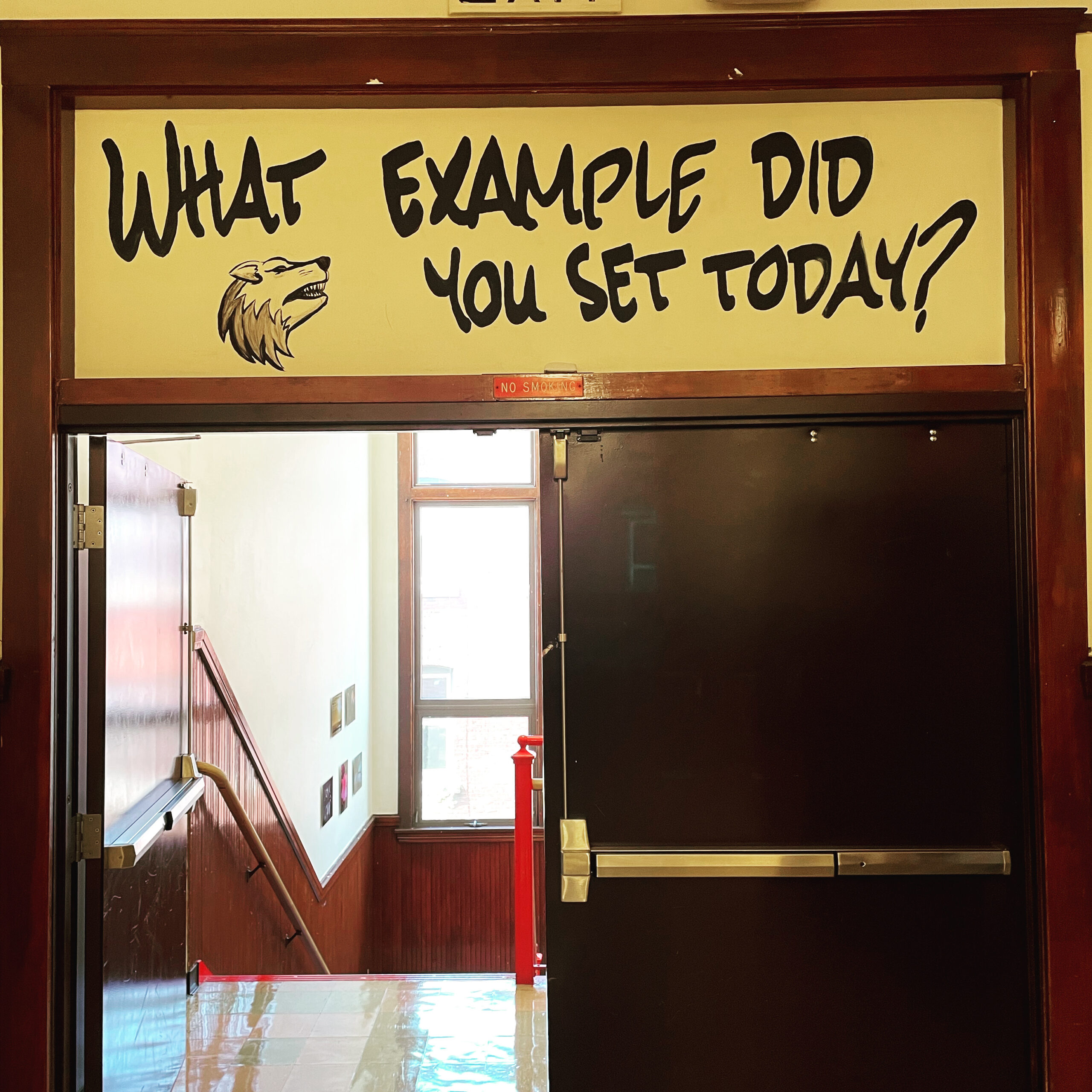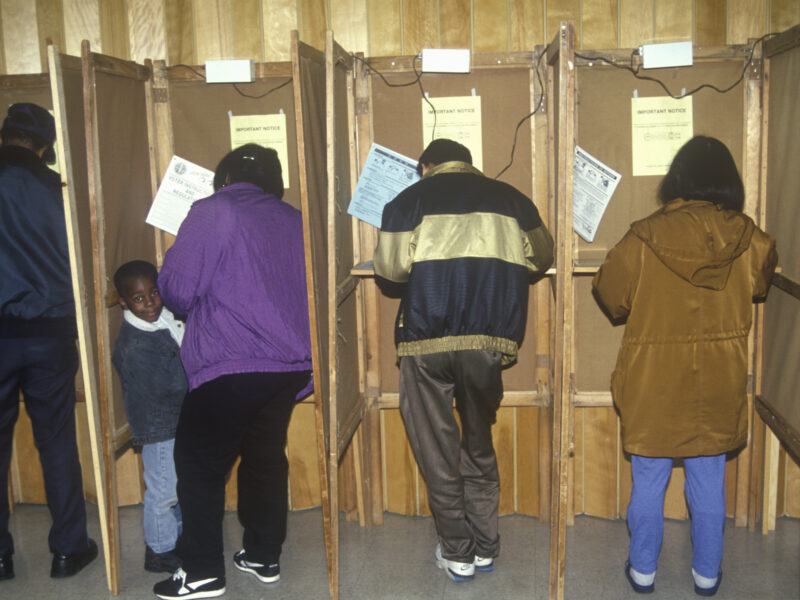
I’ve been a David Brooks fan going back to Bobos in Paradise (Simon & Schuster, 2000). The fact that so many friends and colleagues have sent me his 8/14/23 piece in The Atlantic titled “How America Got Mean,” gives me hope. This not being a short piece, I figured I’d cherry-pick the parts that hit me hardest and serve them up in call-and-response fashion.
1. The subtitle sums it all up: “In a culture devoid of moral education, generations are growing up in a morally inarticulate, self-referential world.”
Me: When I started teaching (1976), I perceived what I was doing as my job. Then in my late 20s, I saw it as a career. (That led me to get the Masters… go to conferences… join trade associations, etc.) By my 30s, it was a calling. Ever since then, the message at the heart of this subtitle could serve as a motto that has guided my efforts.
2. At the outset, Brooks presents two questions that have occupied his thinking in recent years:
– Why are Americans so sad? Why are Americans so mean?
Me: I agree with his short answer: “The most important story about why Americans have become sad and alienated and rude, I believe, is also the simplest: We inhabit a society in which people are no longer trained in how to treat others with kindness and consideration. Our society has become one in which people feel licensed to give their selfishness free rein.”
3. Not only do we Americans like quick fixes for our problems, we are addicted to quick, even canned, explanations for why they exist in the first place. Brooks presents four popular conventional explanations for our current societal circumstances:
- The technology story: Social media is driving us all crazy.
- The sociology story: We’ve stopped participating in community organizations and are more isolated.
- The demography story: America, long a white-dominated nation, is becoming a much more diverse country, a change that has millions of white Americans in a panic.
- The economy story: High levels of economic inequality and insecurity have left people afraid, alienated, and pessimistic.
He continues: “I agree, to an extent, with all of these stories, but I don’t think any of them is the deepest one.” He then serves up the “deepest one” in a single sentence: “We live in a society that’s terrible at moral formation.”
Me: Yup
4. Brooks argues that moral formation comprises three things:
- First, helping people learn to restrain their selfishness. How do we keep our evolutionarily conferred egotism under control?
- Second, teaching basic social and ethical skills. How do you welcome a neighbor into your community? How do you disagree with someone constructively?
- Third, helping people find a purpose in life. Morally formative institutions hold up a set of ideals. They provide practical pathways toward a meaningful existence: Here’s how you can dedicate your life to serving the poor, or protecting the nation, or loving your neighbor.
Me: Yup, Yup, and Yup. (Maybe, just maybe, our obsession with class time and test mania is in the way of all three?!?)
5. He then spills quite a bit of ink on the fact that for “a large part of its history, America was awash in morally formative institutions.” His explanation goes back centuries, mentioning Benjamin Franklin, Noah Webster, John Dewey, Hollis Frissell (president of Hampton Institute, an early school for African Americans), Jane Addams and the settlement house movement, McGuffey’s Eclectic Readers, W. E. B. DuBois and his magazine for African-American children, the YMCA, the Sunday School Movement, the “intentionally thick moral community” of early 20th century Mount Holyoke College, the Boy and Girl Scouts, and on and on.
Me: In our societal movement away from these institutions — and Brooks acknowledges that they were not without problems — we have never really thought about how we might conserve and retain the great things they did. To offer a contemporary analogy to this mindset, our societal preoccupation with concussion protocol in youth football has led to a sharp decline in participation. Many applaud this move. However, I rarely hear people talking about steps we might take to preserve those invaluable lessons unique to that particular sport — selfless teamwork, the humility demanded of playing very specific “do your job” roles, and flat-out physical courage. (As an aside, I also rarely hear people talking about the prevalence of concussions in hockey, lacrosse, or soccer!)
6. One of my favorite lines in Brooks’ piece is where he quotes “the headmaster of the Stowe School, in England, who wrote in 1930 that the purpose of his institution was to turn out young men who were ‘acceptable at a dance and invaluable in a shipwreck.’”
Me: I’d give us a “C” on the dance point (maybe tone down the twerking!) and a D or F on the shipwreck thing.
7. Brooks notes that the aforementioned morally formative institutions shared two premises:
- The premise that training the heart and body matters more than training the reasoning brain.
- “The other guiding premise was that concepts like justice and right and wrong are not matters of personal taste: An objective moral order exists, and human beings are creatures who habitually sin against that order.”
Me: It’s time to…
- Inject a strong dose of intentionality to popular education-ese rhetoric about the importance character development.
- Pet Peeve: Can we please stop urging people to “speak your truth?” Truth is not a designer commodity to be conformed to our preferences or lifestyles. It possesses an independent objective reality that transcends anything we might have to say about it. That’s why they call it “Truth.”
8. Then, Brooks argues, “the critical pivot happened just after World War II, as people wrestled with the horrors of the 20th century.” Then the country was of two minds: let’s double down on moral formation (e.g., Reinhold Niebuhr)… OR… the other group, “personified by Carl Rogers, a founder of humanistic psychology, focused on the problem of authority and the solution of “self-actualization.” Over time, the national mood drifted in Rogers’ direction, reflected in books like Dr. Spock’s best-selling Baby and Child Care (1946, 50+M copies sold) and Norman Vincent Peale’s The Power of Positive Thinking (1952). Brooks observes, “Organization after organization got out of the moral-formation business and into the self-awareness business.” Philosophers took a back set to psychologists when it came to the national interest. Brooks summarizes, “Psychology is a wonderful profession, but its goal is mental health, not moral growth.”
Brooks refers to reams of research to make this point. He cites studies showing a sharp decline in the use of words relating to morality — e.g., bravery, gratitude, humbleness — in the nation’s books. He also refers to annual surveys of incoming college students: “In 1967, about 85 percent said they were strongly motivated to develop a ‘meaningful philosophy of life’; by 2000, only 42 percent said that.”
Me: Puts into words sentiments I have long held.
9. Brooks has long been perceived by many as everybody’s favorite conservative. To some, he has been considered the token conservative on liberal leaning media outlets like The NY Times, The Atlantic, or NPR. However, he pulls no punches when he observes, “After decades without much in the way of moral formation, America became a place where 74 million people looked at Donald Trump’s morality and saw presidential timber.” Today’s America reflects a new level of intense tribal politics where people “end up in a lonely mob of isolated belligerents who merely obey the same orthodoxy.” He goes on to warn, “If you are asking politics to be the reigning source of meaning in your life, you are asking more of politics than it can bear.”
Me: One of my character ed role models is Dr. Kevin Ryan, founder of the Center for the Advancement of Ethics and Character at Boston University. Twenty-five years ago, he wrote an article in Education Week titled “Values, Views, or Virtues.” He wrote, “Views, like values, can be good, bad, or morally indifferent… It is our virtues, not our views and values, that enable us to become better students, better parents, better spouses, better teachers, better friends, better citizens.”
10. So, what’s Brooks’ solution. He offers five:
- A modern vision of how to build character. There are many ways to do this, but he urges us to pay heed to a quote from Iris Murdoch’s book The Sovereignty of Good: “Nothing in life is of any value except the attempt to be virtuous.”
- Mandatory social-skill courses. Offering a concrete example, he observes, “The late feminist philosopher Nel Noddings developed a whole pedagogy around how to care for others.”
- Intergenerational service – Our ever-present drive for individual meritocratic advancement must be periodically balanced with deliberate self-less service to others.
- Moral organizations – Brooks: “In our society, the commercial or utilitarian goals tend to eclipse the moral goals.” And, “Moral renewal won’t come until we have leaders who are explicit, loud, and credible about both sets of goals.”
- Politics as a moral enterprise – “Character is destiny. We can either elect people who try to embody the highest standards of honesty, kindness, and integrity, or elect people who shred those standards.”
Me: I cannot improve upon Brook’s words in his last paragraph: “Look, I understand why people don’t want to get all moralistic in public. Many of those who do are self-righteous prigs, or rank hypocrites. And all of this is only a start, but healthy moral ecologies don’t just happen. They have to be seeded and tended by people who think and talk in moral terms, who try to model and inculcate moral behavior, who understand that we have to build moral communities because on our own, we are all selfish and flawed. Moral formation is best when it’s humble.”
We — each and every one of us — can do that.
Onward, Malcolm Gauld



